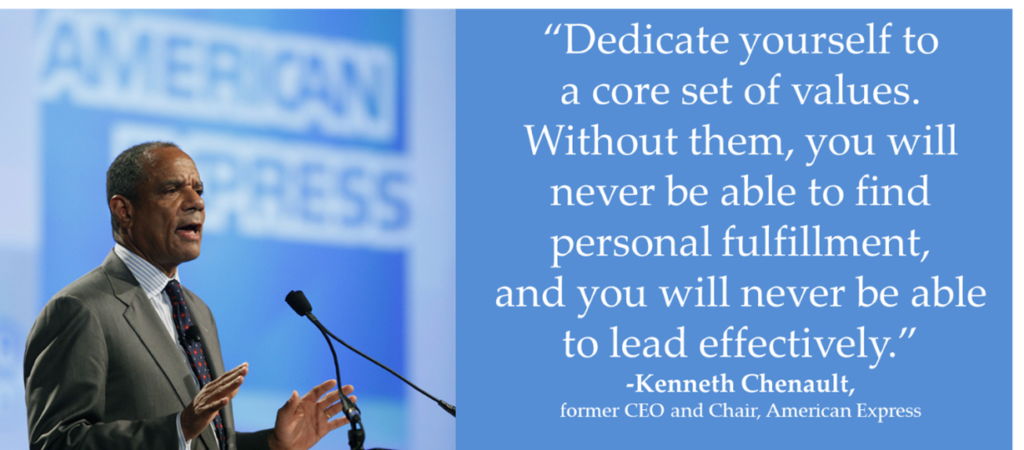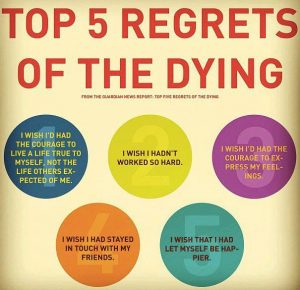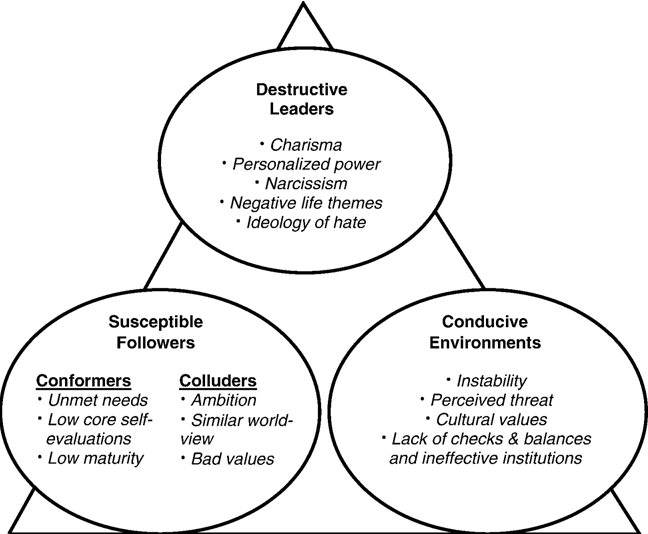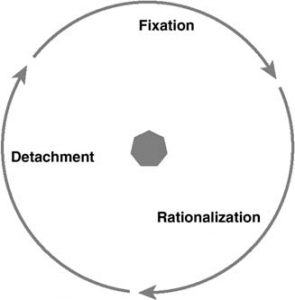Our values are what we consider most important in life—what’s most worthy and valuable to us. Values can also be beliefs, moral principles, or standards of behavior (e.g., commitments for how we will treat each other). In other words, what we believe and stand for.
Our values should guide our choices and behavior, helping us determine how to act in various situations. What to pursue and defend. And what not to.
“Values are basic and fundamental beliefs that guide or motivate attitudes or actions. They help us to determine what is important to us. Values describe the personal qualities we choose to embody to guide our actions; the sort of person we want to be; the manner in which we treat ourselves and others, and our interaction with the world around us. They provide the general guidelines for conduct…. Values are the motive behind purposeful action.” -Steven Mintz
Where Our Values Come From
Where do our values come from? From many places, it turns out, since we’re complex and multifaceted. Sources of our values can include:
- parents and upbringing (including things we don’t like and reject from our formative years)
- teachers and mentors
- religious leaders, spiritual teachers, or faith traditions
- intuition and gut instinct
- our soul
When we’re dealing with values, we’re engaging both our head and our heart. We’re paying attention to our thoughts and ideas about things, but we’re also sensing and feeling—and diving deeper into our experience of being alive.
The Benefits of Knowing Our Core Values
It’s helpful to think about our values on different levels of priority, from values at the bottom that are loose and casual (nice to have, if possible) to values at the very top that are core values—non-negotiable, deeply held beliefs and top priorities that serve as a driving force for our lives. Our core values are our most important, central, foundational values.
One of the most powerful personal development practices we can engage in is discovering our core values—and living by them. This can improve all dimensions of our life and work. For example, it can:
- increase our self-awareness
- clarify our priorities and purpose
- help us choose an organization to work for—or a career (or whether to change one)
- boost our confidence
- improve decisiveness and decision-making abilities
- bring more meaning and significance into our lives
- help us make hard decisions (through a determination of the values fit, or lack of it)
- guide our behavior like a compass
- facilitate an action orientation
- help us avoid mistakes and regrets
- move us forward in realizing our potential
- boost our happiness and quality of life
“It’s not hard to make decisions when you know what your values are.”
-Roy Disney
How to Discover Our Core Values
Each of us is different, and there are many things we can do to uncover our core values. Here’s a sequence of steps we can take that I’ve used myself and with many others:
- mine our life story for values nuggets by recalling significant experiences that revealed what was most important to us—especially moments that were our happiest or proudest, or when we were most fulfilled or at our best, and our toughest struggles and worst moments
- think of our desired impacts (on people or a place or a cause we care deeply about), or the legacy we aspire to
- talk to friends, coaches, or mentors about what’s most important to us
- think of people we admire and determine what it is that we admire about them
- choose potential core values from a list of values (see our Personal Values Exercise)*
- categorize the longer list of potential core values into related groupings
- look for themes in those groupings and then choose a word that best represents the theme of each grouping
- winnow the list to three to six core values (and no more than ten) to ensure focus
- add a phrase or sentence to explain what we mean specifically by each value word to give it more clarity and power (this is a critical step that many people skip or overlook)
- share this draft list of core values with trusted friends or mentors and ask for their input (but recall that these are our values and ours alone, so don’t accept all the input without checking to see if it truly resonates)
- keep the final core values list handy and view it regularly, also memorizing the final core values words so they’re top of mind
Final Thoughts
The key, of course, is not writing our values down. That’s only the beginning. The key is living them. Using them to inform our decisions and actions. Infusing our lives with them.
It’s essential to revisit our values regularly, checking to see if we’re living and leading by them.
Ultimately, we can use our core values as a guide to crafting a good life with good work. We can live our values, honor them, savor them,—and watch as the astonishing power of values alignment infuses and uplifts every aspect of our life and work.
Reflection Questions
- Have you discovered your core values?
- To what extent are you honoring and upholding your core values today?
- What more could you do to integrate your core values into your life and work?
- What actions will you take today to start this?
Tools for You
- Traps Test (Common Traps of Living) to help you identify what’s getting in the way of your happiness and quality of life
- Quality of Life Assessment so you can discover your strongest areas and the areas that need work, then act accordingly.
- Personal Values Exercise to help you clarify what’s most important to you
Related Articles
- “The Problem with Not Being Clear about Our Values“
- “How to Discover Your Purpose“
- “The Most Common Myths about Purpose“
- “Why Self-Awareness Is So Important–And How to Develop It“
- “The Power of Knowing and Using Our Strengths“
- “The Power of Integrating Our Passions into Our Life and Work“
- “The Problem with Neglecting Our Inner Life“
- “On Spirituality and the Good Life“
Postscript: Inspirations on Values
- “The more that we choose our goals based on our values and principles, the more we enter into a positive cycle of energy, success, and satisfaction.” -Neil Farber
- “The ultimate test of integrity is what we’re willing to risk to uphold our core values.” -Adam Grant
- “Open your arms to change, but don’t let go of your values.” -Dalai Lama
- “Personal values are those things that are important to you. Think about what you believe and stand for, and your convictions about what is most important in life…. Values matter because what you deem important guides your behavior. Many people run into trouble when they start living and leading in ways that conflict with their values.” -Bob and Gregg Vanourek, Triple Crown Leadership: Building Excellent, Ethical, and Enduring Organizations
* Don’t worry about what other people think, or what you think your values should be. Focus on what’s actually most important to you.
Featured image credit: Adobe Stock
++++++++++++++++++++++++++++++
Gregg Vanourek is a writer, teacher, TEDx speaker, and coach on leadership and personal development. He is co-author of three books, including LIFE Entrepreneurs: Ordinary People Creating Extraordinary Lives (a manifesto for integrating our life and work with purpose, passion, and contribution) and Triple Crown Leadership: Building Excellent, Ethical, and Enduring Organizations (a winner of the International Book Awards). Check out his Best Articles or get his monthly newsletter. If you found value in this article, please forward it to a friend. Every little bit helps!



















